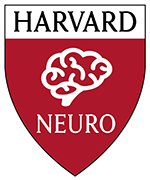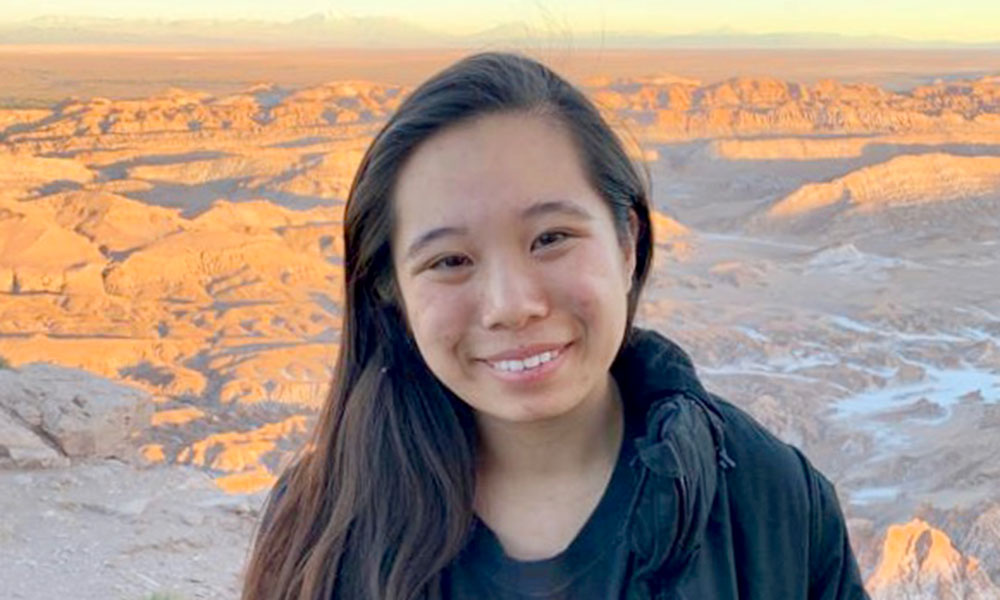When COVID-19 closed Harvard’s campus and sent Junior Neuroscience and Romance Languages & Literature Concentrator Evelyn Wong back to her hometown in East Los Angeles, she thought of her community back home. After hearing about K-12 public school closures in Los Angeles, Compton and Montebello Unified School Districts, she and her friends began planning a virtual mentoring platform, CovEducation, that has since evolved into a nationwide initiative to breach the educational equity gap.
Wong, who is an undergraduate research fellow at the Edward Boyden Lab at the MIT Brain and Cognitive Sciences department, connected with both Harvard and MIT peers to organize and expand the program’s network base. Citing her desire to form “a community amidst the chaos” after abruptly saying goodbye to her labmates, with whom she is developing neurotechnological tools for mapping the human brain, she wrote about CovEd’s journey in a Tech column titled, “Orchestrating educational access: when a ‘CovEd’-ed dream becomes reality.”
“When we talk about equity and excellence in K-12 education, we often think about comparing standardized test scores, providing college preparation, etc.— all as a means to increase access to some indefinite end goal,” Wong said. “As an educator/mentor in a moment like this, it’s hard to reconcile this remote idea of promoting academic equity for some future payoff. To me, education in this sense carries a deeper sense of normalcy and community-building that provides these students the opportunity to be kids while they can.”
With a continually expanding community of over 3,500 undergraduates, postgraduates and educators from U.S. higher education institutions as well as over 1,600 K-12 mentees across all 50 states, CovEd aims to provide academic support to K-12 students who are faced with financial, familial, logistical or other difficulties that may impact their learning experience. As of May 1st, 2020, their website has been accessed by over 53,500 users across the world, and they have provided support to groups in local communities and other nations in establishing similar platforms, including CovEd India.
In addition to pairing mentees with mentors based on subject needs, career interests, and specific accommodations and affinities (i.e. SPED, ESL, FGLI, URM, Women in Stem, etc.), the organization’s internal team (~400 volunteers) works on sub-initiatives to promote equitable educational access for students in underserved communities. This includes compiling free, web-based educational resources for families, creating downloadable curriculum for students with limited Wifi access, and performing outreach with administrators in 47+ states, with a focus on low-income school districts based on data from the Stanford Educational Opportunity Project.
CovEd has partnered with local organizations, schools, and other non-profits to improve the learning experience of K-12 students as they continue to expand their platform. Besides organizing Speaker Series, they recently held a Virtual College Fair, where over 160 undergraduates from 75+ colleges spoke to over 500 high school seniors about their college experiences; this included panels on Financing College, Pre-Law, Pre-Medicine, Engineering, Diversity, and Liberal Arts Colleges.
While Wong is not sure whether the organization plans to continue its work after the school year ends, she is hopeful that mentors and mentees may form organic connections that may persist even after the end of the COVID-19 pandemic, since mentors serve not only as tutors but also role models for their students.
Any undergraduate or graduate affiliated with a U.S. institution of higher education may volunteer to mentor a K-12 student in need of academic support. Both mentors and mentees can register at www.coved.org/register, and questions/suggestions can be directed toward coveducation@gmail.com.




